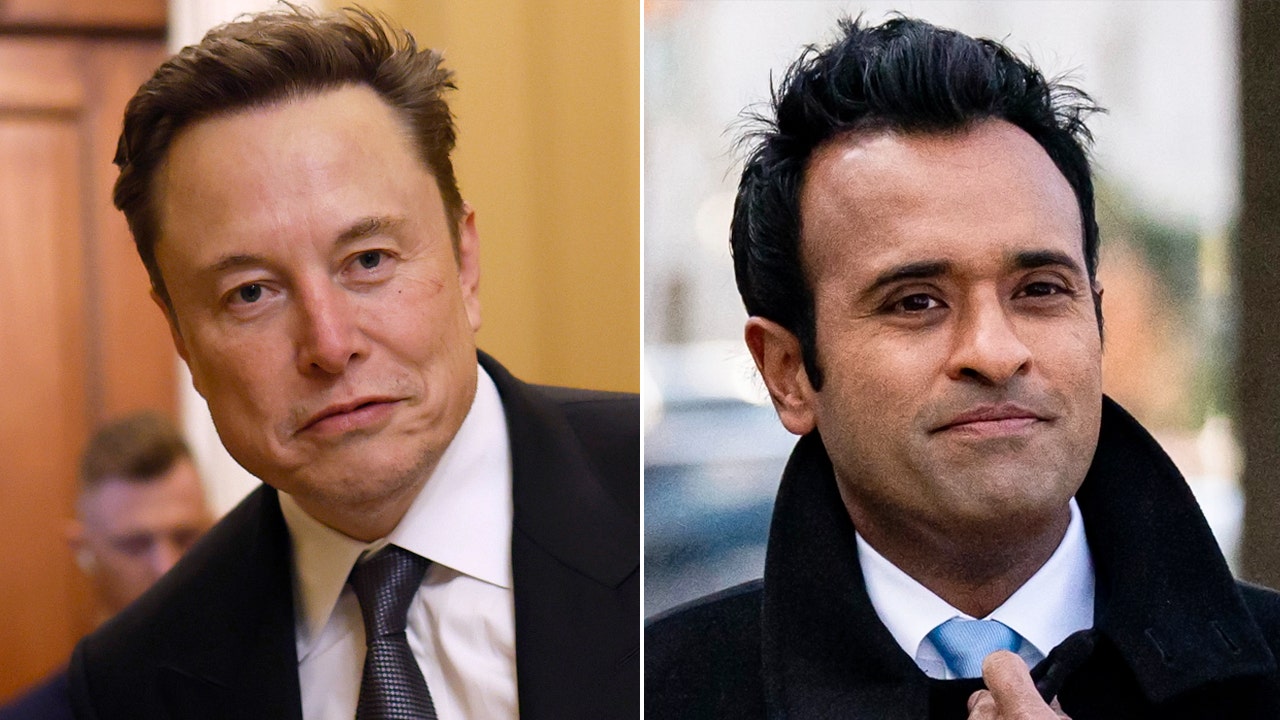The Senate voted to pass the $895 billion annual defense policy bill, that includes a pay raise for U.S. troops and a provision that restricts transgender care.
The bill passed 85 to 14, and now heads to President Joe Biden’s desk for his signature.
The legislation scored a more bipartisan vote in the Senate than it did in the House, where more Democrats voted no on the legislation in protests of the transgender provisions.
The bill prohibits military health care provider Tricare from paying for transgender care “that could result in sterilization” for children under 18.
The legislation passed the House last week 281-140, with 16 Republicans voting “no.” Only 81 Democrats voted yes – 124 voting no – a much larger margin than in years passed when the legislation typically enjoyed bipartisan support.
The 1,800-page bill details how $895.2 billion allocated toward defense and national security will be spent. It will be voted on more than two months after the start of the fiscal year.
The $895.2 billion represents a 1% increase over last year’s budget, a smaller number than some defense hawks would have liked.
Aerial view of the Pentagon in Washington, DC, on March 31, 2024. Home to the Defense Department, the Pentagon is one of the world’s largest office buildings. (DANIEL SLIM/AFP via Getty Images)
And while the NDAA outlines policy, a separate spending bill will actually fund the programs it lays out. That spending legislation will be voted on in the next Congress, when Republicans will have a narrow majority in both chambers.
A significant portion of the legislation focused on quality-of-life improvements for service members amid record recruitment issues, a focus of much bipartisan discussion over the last year. That includes a 14.5% pay increase for junior enlisted troops and increasing access to child care for service members while also providing job support to military spouses.
The measure authorizes a 4.5% across-the-board pay raise for all service members starting Jan. 1, and a 2% increase for civilian personnel within the Department of Defense (DoD).
It also puts more restrictions on Chinese-made drones, fearing their use in the U.S. could be for foreign surveillance. It specifically targets China-based DJI and Autel Robotoics.
The NDAA mandates that a national security agency must determine within one year if drones from DJI or Autel Robotics pose unacceptable national security risks. If no agency completes the study, the companies would automatically be added to the FCC’s “covered lists,” preventing them from operating in the U.S.
DJI is the world’s largest drone manufacturer and sells more than half of all U.S. commercial drones.
The bill recommends a $20 million increase in counter-unmanned aerial systems (UAS) Advanced Development budget and requires the Defense Secretary to establish a ‘C-UAS task force’ within 30 days and provide a report to congressional defense committees on the military’s latest counter-drone training efforts within four months.
PENTAGON ANNOUNCES NEW COUNTER-DRONE STRATEGY AS UNMANNED ATTACKS ON US INTERESTS SKYROCKET
Sen. Tammy Baldwin, D-Wis., had led a group of 21 Democratic senators demanding an amendment to remove the transgender care restrictions from the NDAA. That amendment was not included as it would have forced the bill back to the House. Congressional leaders spent months conferencing to find agreement between the chambers and the parties on the yearly must-pass legislation.

The bill includes new measures to combat drone incursions near military bases. (Grant Parpan/Newsday RM via Getty Images)

The measure authorizes a 4.5% across-the-board pay raise for all service members starting Jan. 1. (REUTERS/David Mdzinarishvili)
“Let’s be clear: we’re talking about parents who are in uniform serving our country who have earned the right to make the best decisions for their families,” Baldwin said in a statement. “I trust our servicemembers and their doctors to make the best health care decisions for their kids, not politicians.”
The amendment will affect care for 7,000 children, according to Baldwin, who said she would support the NDAA if not for the provision.
Other Democrats said they had objections to the provision, but the bill’s provisions to strengthen U.S. defenses against China, raise pay for troops, invest in new military technologies and replenish weapons stockpiles.
CONGRESS UNVEILS BILL TO AVERT FRIDAY GOVERNMENT SHUTDOWN WITH OVER $100B IN DISASTER AID
“Of course, the NDAA is not perfect. It doesn’t have everything either side would like … But of course, you need bipartisanship to get this through the finish line,” said Senate Majority Leader Chuck Schumer, D-N.Y.
Sen. Jack Reed, D-R.I., chair of the Senate Armed Services Committee, told reporters Tuesday he shares his colleagues’ “frustration” with House Speaker Mike Johnson’s “extreme, misguided provision,” but said Democrats during the negotiation process were able to strip out “the vast majority of very far right provisions that had passed in the House bill.”
Provisions like a blanket ban on funding for gender transition surgeries for adults, did not make their way into the bill. Neither did a ban on requiring masks to prevent the spread of diseases.
The bill also supports deploying the National Guard to the southern border to help with illegal immigrant apprehensions and drug flow.
Another provision opens the door to allowing airmen and Space Force personnel to grow facial hair; it directs the secretary of the Air Force to brief lawmakers on “the feasibility and advisability” of establishing a pilot program to test out allowing beards.
CLICK HERE TO GET THE FOX NEWS APP
Democrats are also upset the bill did not include a provision expanding access to IVF for service members. Currently, military health care only covers IVF for troops whose infertility is linked to service-related illness or injury.
But the bill did not include an amendment to walk back a provision allowing the Pentagon to reimburse service members who have to travel out of state to get an abortion.
The bill extends a hiring freeze on DEI-related roles and stops all such recruitment until “an investigation of the Pentagon’s DEI programs” can be completed.
Johnson, meanwhile, touted $31 billion in savings in the legislation that would come from cutting “inefficient programs, obsolete weapons, and bloated Pentagon bureaucracy.”














